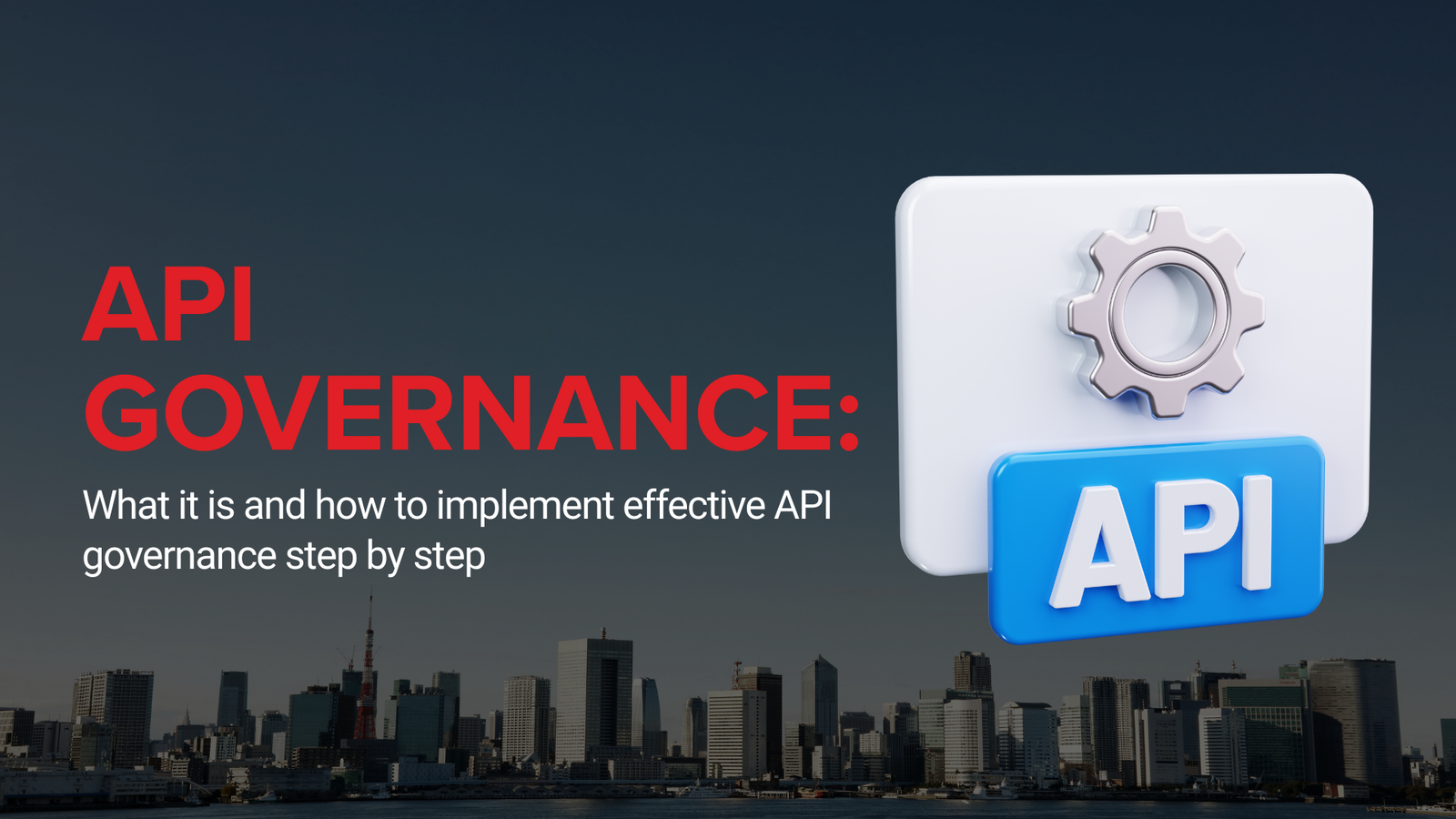The digital age generates new opportunities for organizations, and data monetization is one of them.
Monetization implies turning something into money. In this regard, many organizations and companies discover and value the potential of information to generate new sources of income.
Data monetization via analytics
Organizations of all kinds generate, process and exchange information. Thanks to digital transformation, new horizons open up to companies that know how to see and take advantage of business opportunities. One such opportunity is taking advantage of data to obtain an extra income.
Data has become a great source of wealth for many companies. However, not all of them know how to make the most of it. In other words, several companies value their data and use it as the key to open the door to growth and new opportunities.
But there are also organizations that have, as of yet, failed to develop active strategies or managed identities to obtain extras benefits.
Data monetization implies not only to collect the information generated between companies and customers but also going one step further. The goal is to generate an appropriate business strategy and model that allows for the commercialization of data collected by each organization with other companies.
We often wonder, how do analytics and data monetization relate?
The answer is simple: data monetization is the most profitable analytics strategy. Monetizing your data can land you a significant profit. Why wouldn’t you take advantage of this?
Today, this business opportunity is possible thanks to the growth, variety and speed of data that is managed under the umbrella of formidable technological advances.
Just to name an example of data monetization, let’s say that any of us goes to a store to buy a product. There, we pay with our credit card, and right there and then, our data becomes valuable, because what we have bought, the time, the day and the amount of money that we have spent is logged.
The monetization of analytical data implies an opportunity in itself that all companies should seize. Both policy development and user and consumer habits converge to generate opportunity scenarios.
We are immersed in an age of technology, where mobility and connectivity allow companies to know their customers and their whereabouts, and perform several actions based on this, such as offering them new services and products, and more than that, gain their loyalty by understanding their habits and behaviours.
How to develop a data monetization strategy
The first step toward kick-starting the data monetization process involves understanding the sources of information at hand and group them into a single virtual store (also called “data lake”). This data must be available in an accessible format that later makes it feasible to perform an analysis that is useful and can weigh the collected information.
For data to be transformed into solid commercial proposals, it is necessary to identify its weaknesses and potential leads, and separate from the set those that could be considered for specific cases.
In line with this, it is important to note that data monetization implies abandoning the “silo” concept (where information is stored in each business) and embracing the notion of an “ecosystem,” where different players interact, learn from each other and generate added value; in other words, they generate information.
Something that is fundamental before developing a data monetization strategy is to be clear on the objectives and goals.
Based on their scope, there are two types of strategies:
- Internal strategy: the goal is to improve customer experience and increase corporate performance.
- External strategy: this explores the generation of new sources of incomes in collaboration with third parties, selling the data or insights generated as a result of the analysis.
Monetize your data
In order to profit from data’s potential, there are certain aspects that must be considered:
- High-frequency information: this is information that implies transactions and is the most valuable when it comes to monetization. Within this group, we can find credit or debit card transactions and mobile website searches, among others.
- Knowing the behaviour and habits of consumers: knowing users and consumers help identify their preferences. This allows for the provision of services and products that they find interesting. This includes mobile device data analysis, geolocation, and specific purchases that help in analyzing their uses and habits.
- Identifying the consumers: the more you know about the profiles of consumers, the greater the monetization. That is to say: knowing the consumer’s name, address, phone, and occupation, among others.
It is essential to keep in mind that regulations must be observed in regard to protection, especially when involving sensitive data.








